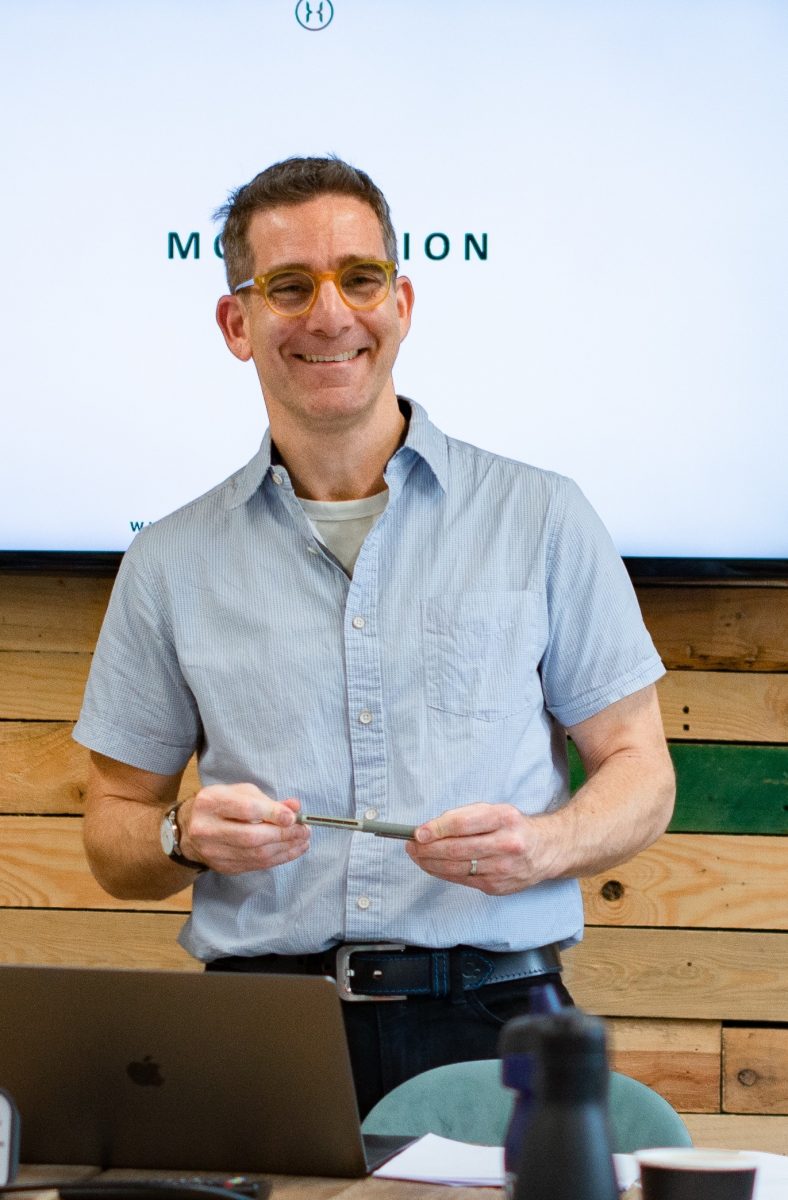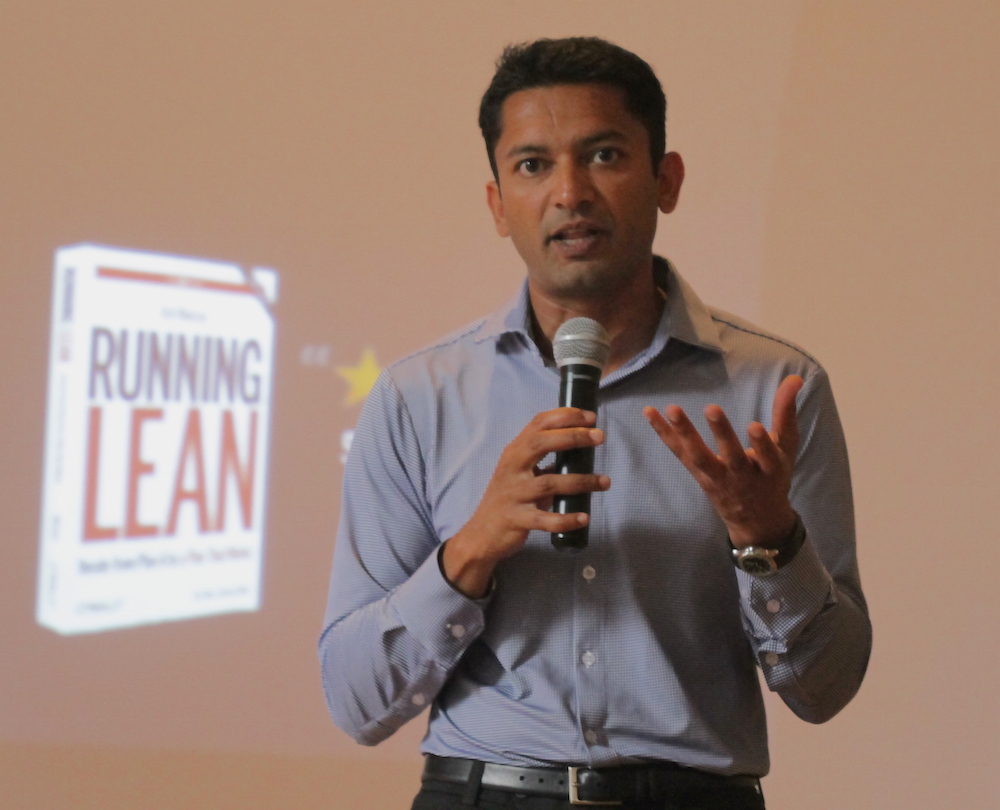
Running Lean Experiments
DAN TOMA
Lean Experimentation expert, ex-innovation adviser of Deutsche Telekom, Bayer or Allianz, author of "The Corporate Startup"Launching a successful new product is not a matter of luck nor is it a matter of financial ability, it is a repeatable process that can be learned. Lean experimentation is becoming the norm when it comes to launching a new venture, preventing over-investment in ideas that might end up being major flops when launched.
Join Dan Toma, lean experimentation expert, author of “The Corporate Startup”, to learn how to successfully run lean experiments that help you build discipline in your experimenting process.
ABOUT
THIS WORKSHOP
WHY TAKE THIS WORKSHOP?
Launching a successful new product is not a matter of luck nor is it a matter of financial ability, it is a repeatable process that can be learned. Lean experimentation is becoming the norm when it comes to launching a new venture, preventing overinvestment in ideas that might end up being major flops when launched.
This workshop is designed to help you lower the cost of failure by preventing you from launching a product that no one wants/needs. Drawing from both his startup and corporate experience, Dan Toma will guide you from understanding the riskiest assumption in your new product to launching an experiment to validate that assumption and then interpret the insights.
Join Dan Toma, lean experimentation expert, author of “The Corporate Startup”, to learn how to successfully run lean experiments that help you build discipline in your experimenting process.
All How to Web workshops consist of live sessions with the instructor delivered online, with no recorded materials, so you can discuss your problems and get your questions answered.
WORKSHOP ACTIVITIES
1st session, November 10, 3h
During the 1st live session, Dan will help you focus on understanding and clarifying the assumptions behind the idea. Once every idea has the assumptions written up you can precede in identifying the most critical one through an exercise of prioritization. With the most critical assumption prioritize the participants will be guided in designing a business experiment that will help them validate/invalidate the most critical assumption.
Ongoing Q&A
2nd session, November 17, 2h
During the 2nd live session, Dan will interpret the experiment data, discuss your first experiment, focusing on understanding the connection between experimenting, business modeling and financial estimation.
Ongoing Q&A
MAIN TAKEAWAYS
Design lean experiments
Understand the key design principles of lean experimentation
Understand the different types of lean experiments you can implement
Understand basic statistics in order to analyse the experiments
Prioritize your product’s assumption so you can address the riskiest assumptions immediately
Interpreting the lean experiment data
Unpack a lean experiment data
Understand the connection between experimenting and business modeling + financial estimation
Communicate effectively the key learnings to multiple stakeholders
Who is
DAN TOMA

Dan Toma is an innovation thought leader and the co-author of the award-winning book ‘The Corporate Startup’, awarded ‘Management Book of the Year for Innovation and Entrepreneurship’ by Chartered Management Institute and The British Library in 2018.
Puzzled by the questions ‘why are innovative products mainly launched by startups?’, he focuses on enterprise innovation strategy – specifically on the changes blue-chip organizations need to make to allow for new ventures to be built in a corporate setting. In this capacity he worked with companies like Deutsche Telekom, Bosch, Jaguar Land Rover, Bayer, John Deere or Allianz.
Dan was featured on the Thinkers50 2020 Radar list of management thinkers to watch and he’s also a member of World Economic Forum’s working group on accelerating digital transformation.
WHAT IS
Lean Experimentation
Lean experimentation is a core part of the lean startup methodology, which is focused on developing businesses and products that aims to shorten product development cycles and rapidly discover if a proposed business model is viable.This validation process is achieved by adopting a combination of business-hypothesis-driven experimentation, iterative product releases, and validated learning.
Central to the lean methodology is the assumption that when startup companies invest their time into iteratively building products or services to meet the needs of early customers, the company can reduce market risks and sidestep the need for large amounts of initial project funding and expensive product launches and failures.




